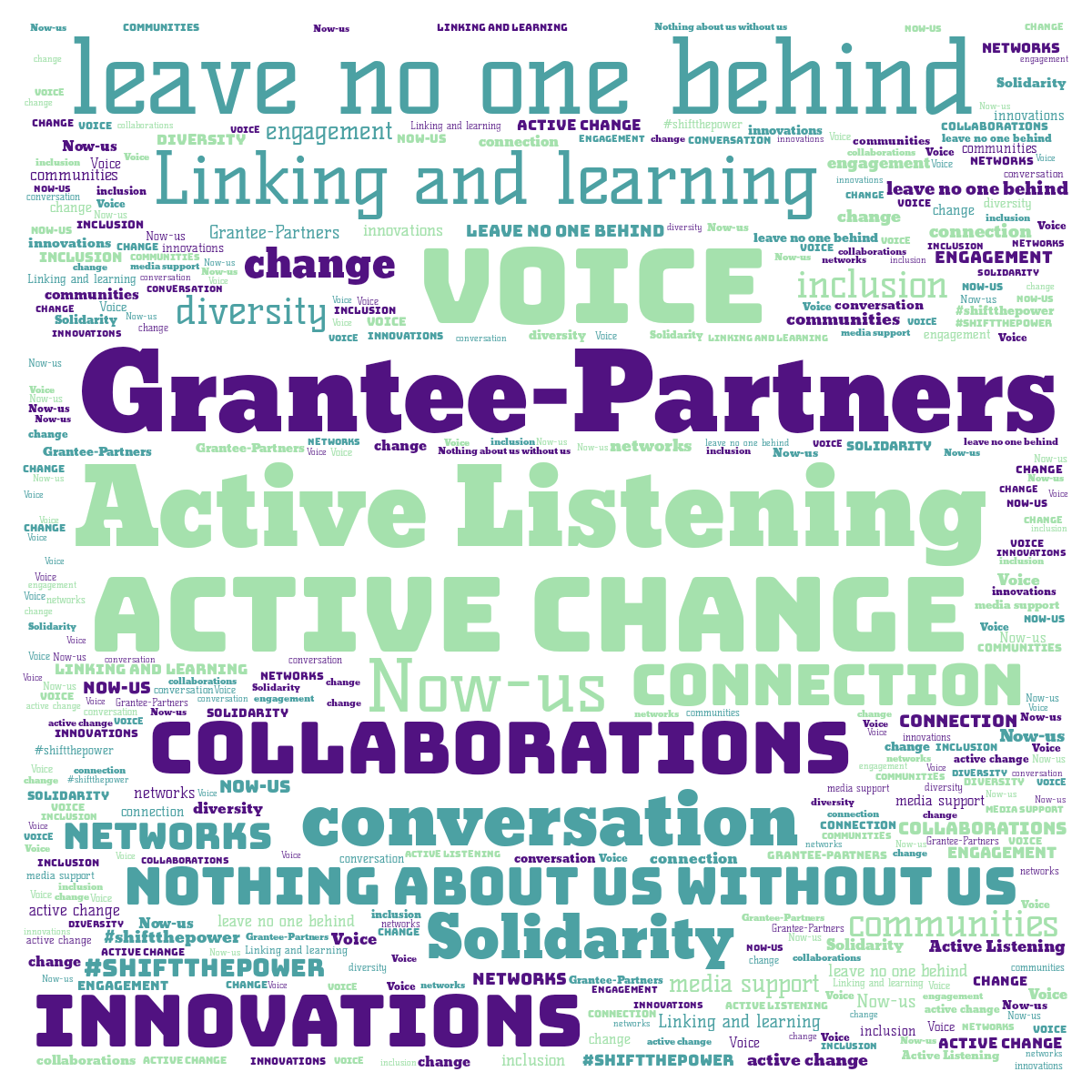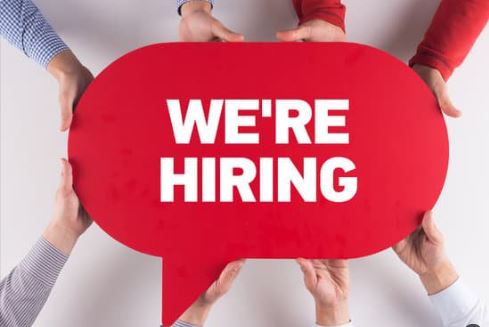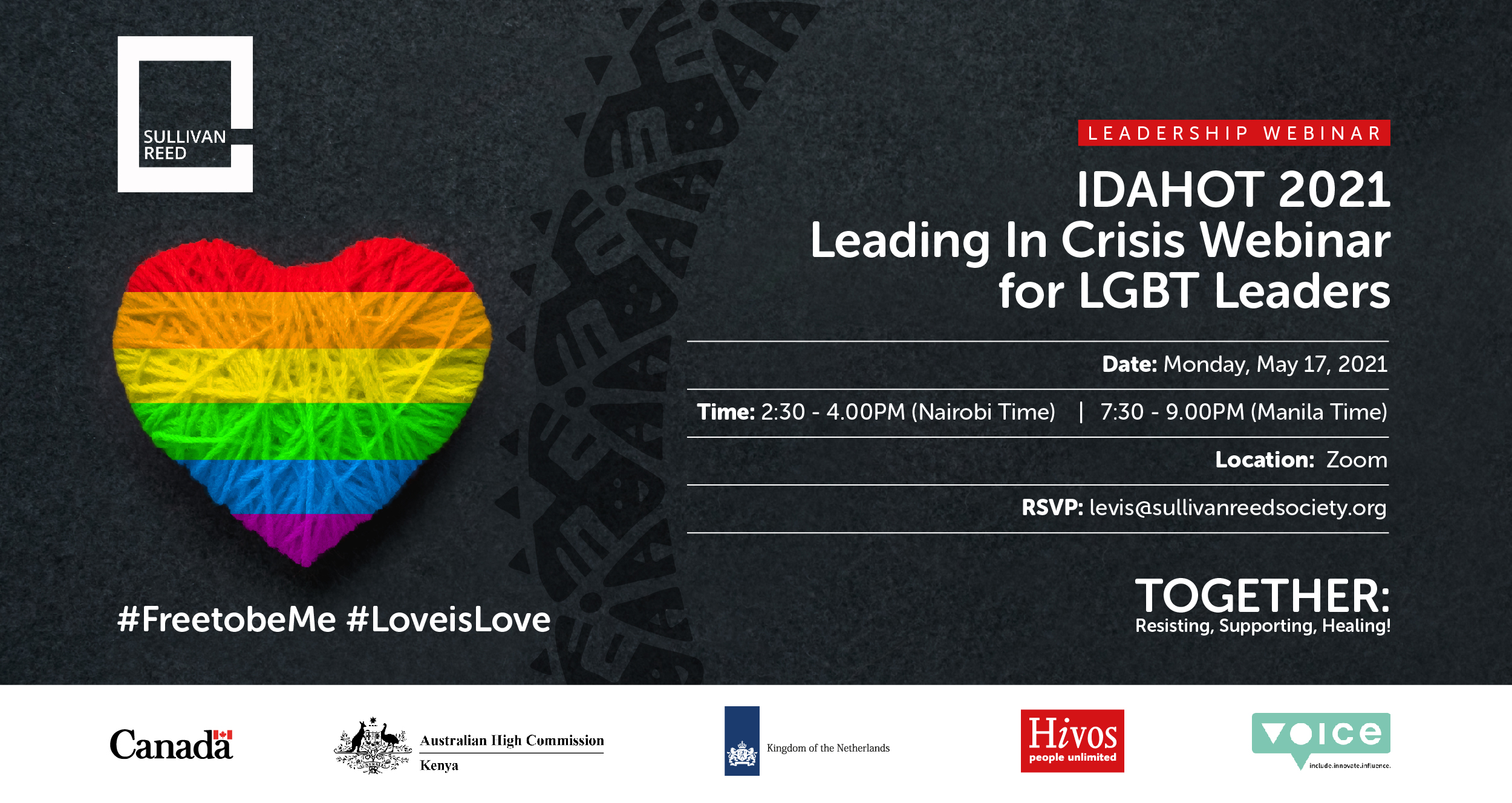Transgender Matters
By: Audrey Mbugua, A transgender woman, village dweller and Executive Director of the Transgender Education and Advocacy ( TEA)
Transgender persons are individuals whose self-awareness of their gender and sex does not correspond with the one they were assigned or assumed at birth. The conventional way of assigning sex involves observation of a child’s genitalia after birth and assigning a male where there is a penis and the female sex where there is a vulva. The term intersex is used when there is an appearance of ambiguous genitalia. After sex assignment, there is the manifestation of this sex which takes the form of gender expression and identity. The common assumption is that anyone with a penis would identify as a male and as a man and would behave according to the gender roles that are associated with that sex. The same applies to those assigned female at birth.
Biology is not destiny. The transgender or transsexual phenomenon presents individuals and the society the importunity to witness mismatches between an individual’s genital sex and their brain sex (gender identity). A mismatch between these biological attributes causes significant distress in an individual and if left untreated results in depression and suicides. This is known as Gender Dysphoria. Contrary to common misconceptions, transgender people are not homosexual and neither are they intersex. Transgenderism is not a sexual orientation or lifestyle. But that is not to say a transgender person does not have a sexual orientation. Transgender people just like their cisgender (non-transgender) peers can be heterosexual, gay, lesbian or bisexual.
The concept of gender identity and gender dysphoria appear abstract and for some hard to believe such exist. However, scientists in the field of neurobiology and physiology have discovered novel neurocircuits among transgender/transsexual persons. The seminal work of professor Dick Swaab at the Netherlands Institute of Neuroscience led to the discovery that transgender women’s brains possessed the same numbers of nerve cells as sexually dimorphic structures in the hypothalamus and adjacent structures as those in cisgender women. They found that there were similar sex-reversals in brains from transgender men i.e. they had neurocircuits similar to those of cisgender males.
More recent studies reveal that transgender people’s brain deviates from the conventional organising of their cisgender peers. For example, a recent study published in Nature by Dr. Spizzirri at the University of São Paulo Medical School revealed that transgender women grey and whiter matter volumes were unique as compared with those of cisgender men and women. Not one or two brain structures determine(s) gender identity. But scholars correlate a number of atypical neuro-developments to transsexualism.
Fundamentally, transgender people must be brave and bold. They need to stop hiding because they invisibilise themselves and the challenges they face.
In a world that is unforgiving to those who transgress well-established gender norms, transgender people are punished severely for who they are. Transgender people face higher levels of violence, discrimination, exploitation, and poverty as compared to other minority groups such as gay, lesbian and bisexual people. Transphobia refers to the irrational hatred and prejudice against transgender people. Almost universally, transgender people require to change names, photos and sex markers in their birth certificates, national identity cards, academic and travel documents.
However, governments across the world including Kenya have not been considerate in their provision of legal and medical services to transgender people. There are grave dangers of possessing identity and academic documents whose names and sex markers do not match the gender identity and expression of an individual. The lack of medical services related and unrelated to sex reassignment therapy takes a huge toll on transgender people with some studies indicating that over 53% of transgender people have attempted suicide due to anti-transgender stigma and prejudice. A study in 2013 revealed that transgender women are 48.2 times likely to be infected with HIV as compared to adults of the same reproductive age.
To address these challenges, a number of issues need to change. Transgender people and their allies need well-coordinated initiatives to sensitise the society, policymakers and service providers of the impact of transphobic institutions and practices. Civil society organisations, human rights defenders and development partners need to support transgender people and well-thought-out initiatives that address the real challenges faced by transgender people. Policies, administrative procedures, and laws are not going to be changed for one or two transgender persons.
There are a lot of problems that come with doing transgender advocacy in the open and even coming out as transgender in a hostile society. But it is a risk worth taking if we are to have any meaningful changes in our society.








